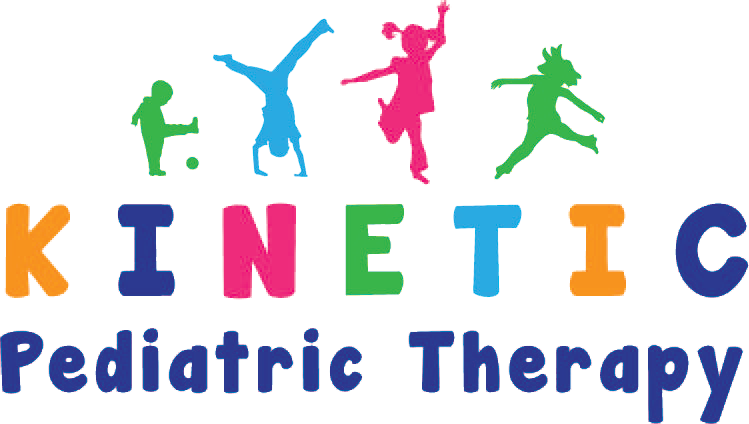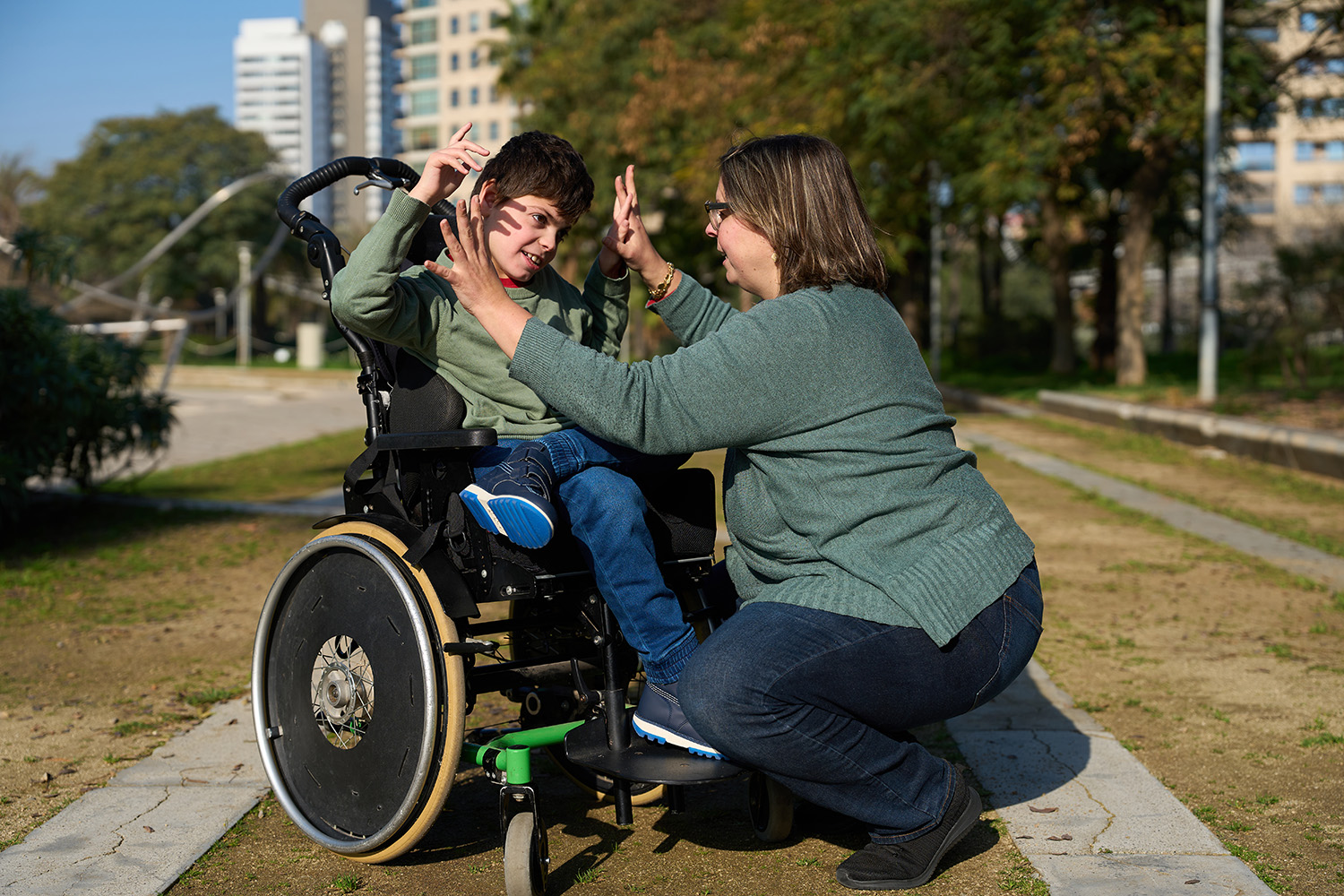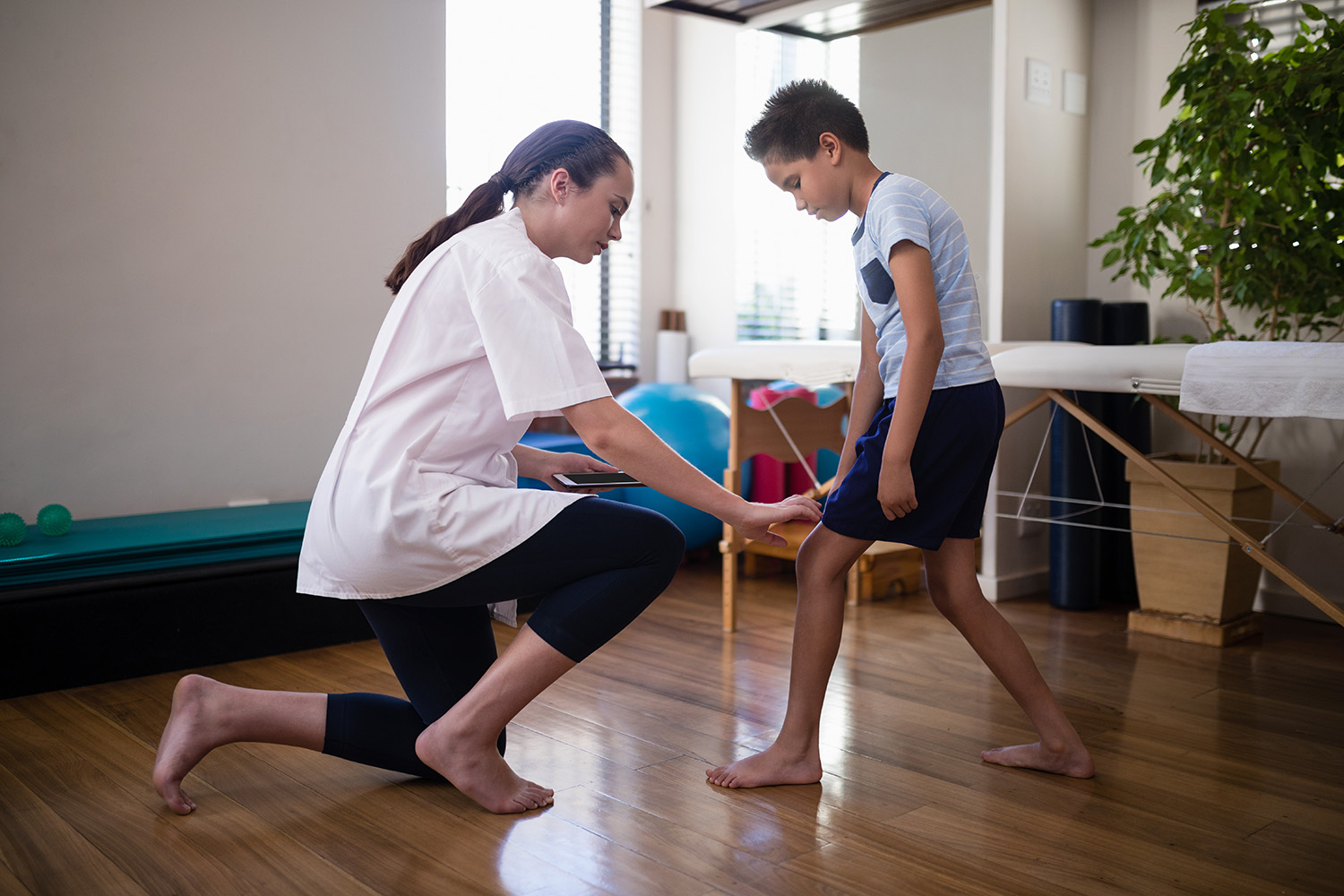
How School-Based Physical Therapy Enhances Recess and Playground Inclusion
School-Based Physical Therapy: Encouraging Safe and Inclusive Play for All Students
School-Based Physical Therapy plays a pivotal role in ensuring that children with mobility challenges or developmental delays are not left behind during one of the most critical parts of their school day—recess and playground time. For many students, this is more than just a break from the classroom. It’s an opportunity to develop social skills, strengthen muscles, and build confidence in an unstructured and dynamic environment. With the support of a contract physical therapist, schools can create inclusive outdoor spaces where all students can participate safely and confidently.
Why Recess and Outdoor Play Matter for Physical and Social Development
Unstructured play during recess offers countless developmental benefits. It promotes physical health, stimulates creativity, and strengthens peer relationships. However, for students with physical disabilities, neuromuscular conditions, or motor delays, recess can become an isolating experience without proper support. That’s where School-Based Physical Therapy makes a difference—by providing targeted interventions and adaptive strategies that promote mobility and engagement with peers on the playground.
The Role of Contract Physical Therapists in Recess Accessibility
Physical therapists who work within school settings go beyond traditional therapy sessions. They assess outdoor environments and collaborate with educators and staff to ensure that playgrounds are not only accessible but also supportive of all students’ developmental needs. This may include recommending adaptive equipment, modifying playground layouts, or teaching students how to safely navigate uneven terrain, stairs, or climbing structures. Through School-Based Physical Therapy, these therapists make playtime safer, more inclusive, and more enjoyable for students of all abilities.
How School-Based Physical Therapy Identifies and Removes Barriers to Outdoor Play
A key function of School-Based Physical Therapy is evaluating barriers that prevent students from participating in recess. These can be physical, such as uneven ground or inaccessible play structures, or developmental, such as poor balance or weak motor coordination. A contract physical therapist conducts assessments to determine a child’s current abilities and matches them with targeted strategies to improve function. From teaching safe ways to transition from a wheelchair to a swing to developing balance through specific exercises, the therapist ensures that children are both safe and engaged.
Collaborating with Teachers and Playground Staff for a Unified Approach
Inclusion doesn’t happen in isolation. Contract physical therapy providers often work closely with classroom teachers, aides, and playground monitors to build awareness and skills necessary to support students during play. By providing training on how to spot fatigue, assist with movement, or encourage peer interaction, School-Based Physical Therapy helps create a more welcoming and supportive environment. Teachers and staff become empowered to help every child take full advantage of playtime.
Adaptive Equipment and Modifications: Making the Playground Accessible
Sometimes the key to inclusion lies in the equipment itself. A physical therapist can recommend specific adaptive devices such as supportive swings, mobility aids for uneven surfaces, or tactile pathways for students with sensory needs. They can also help the school identify safe zones for rest and recovery if a child becomes overwhelmed or tired. These physical modifications work hand in hand with therapeutic strategies to ensure comprehensive inclusion during recess, a focus of modern School-Based Physical Therapy.
Developing Gross Motor Skills Through Play
Playground activities offer a natural platform for gross motor skill development. Activities like climbing, swinging, jumping, and running strengthen core muscles, improve balance, and enhance coordination. Children who receive School-Based Physical Therapy can work on these skills in therapy sessions and then apply them in real-time during recess. This real-world practice reinforces learning and boosts confidence. A physical therapist may also shadow children during play to provide feedback and suggest strategies that make their participation safer and more successful.
Promoting Peer Interaction and Social Inclusion
Social development is another major benefit of inclusive recess. When children with disabilities can participate in the same games and activities as their peers, they build friendships, improve communication skills, and feel a stronger sense of belonging. School-Based Physical Therapy supports this by ensuring students have the physical capabilities to engage with others. A contract physical therapist might help a child develop the coordination to catch and throw a ball or join a game of tag safely, bridging the gap between therapy and social inclusion.
Integrating Therapy Goals into Recess Activities
One of the most effective strategies in School-Based Physical Therapy is integrating therapy goals into natural school routines. For example, a child working on endurance may practice walking longer distances on the playground. A student developing coordination might participate in hopscotch or jump rope. This functional approach helps students see the value of therapy in their daily lives and keeps them motivated. A contract physical therapist can even use recess as an assessment tool to measure real-world progress.
Empowering Students with Confidence and Independence
Ultimately, School-Based Physical Therapy fosters independence. As students build strength, coordination, and confidence, they become more self-reliant and active participants in their own play. This empowerment has long-lasting effects—not only in physical development but also in emotional well-being and academic engagement. Children who feel included are more likely to thrive, and recess becomes an opportunity to shine rather than a time of exclusion.
Supporting Schools in Meeting Inclusive Education Standards
Contract physical therapy providers also help schools meet federal and state mandates for inclusive education. By promoting equal access to recess and outdoor activities, they ensure compliance with IEP requirements and ADA accessibility standards. Schools benefit from expert consultation, documentation, and strategies that align with their commitment to equity and inclusion—all integral parts of a comprehensive School-Based Physical Therapy program.
The Lasting Impact of School-Based Physical Therapy on Outdoor Inclusion
Inclusive recess isn’t just a feel-good initiative—it’s a vital component of whole-child development. Through School-Based Physical Therapy, contract therapists create environments where every child can safely participate, grow stronger, and feel included. From equipment modifications to gross motor skill development to peer interaction, the impact is powerful and lasting. By investing in qualified physical therapy professionals, schools empower their students to play, learn, and thrive together—one recess at a time.
🏃♂️ Help your students reach their full potential with expert Pediatric Physical Therapy! Kinetic Pediatric Contract Therapy offers tailored physical therapy services to schools across North Carolina, helping children improve their strength, mobility, and coordination. Our dedicated therapists work one-on-one with students to ensure they have the tools they need to succeed both in the classroom and in life. 🌟 Empower your students with the support they deserve—bring our Pediatric Physical Therapy services to your school today and promote their physical well-being and growth!
Please Share




